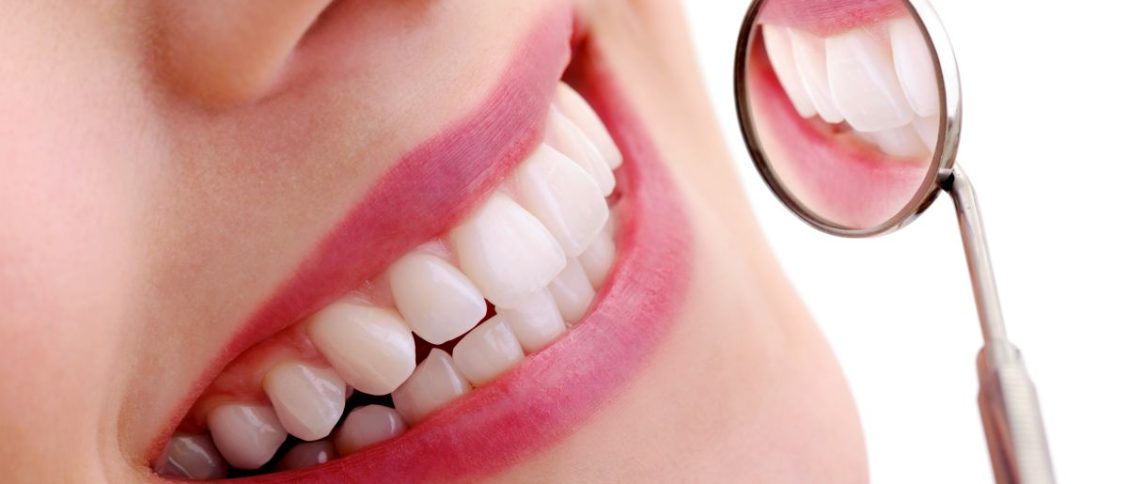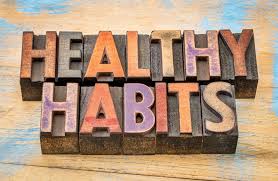Your teeth are one of the most important parts of your body, and they can significantly impact how someone feels and looks.
So, what happens if you do not maintain oral hygiene? Sometimes you might not notice (and others might!), but if you think something might not be quite right, there are some signs to look out for.
If you can spot these signs, it is time to get some professional help.
1- Bad Breath (Halitosis)
Everyone has bad breath from time to time, such as when they first wake up or after some cheese and onion crisps – however, persistent bad breath after brushing or using mouthwash, can indicate something isn’t quite right. It is often caused by the accumulation of bacteria in the mouth.
What to do – Practice proper oral hygiene by brushing your teeth and tongue twice a day, flossing daily, and using an antibacterial mouthwash. Stay hydrated, avoid tobacco products, and schedule regular dental check-ups and cleanings. Sometimes bad breath isn’t to do with the mouth, so if this continues, it might be time to see a doctor.
2- Tooth Decay
Cavities are caused by tooth decay, and it can occur when bacteria in the mouth produce acid that erodes the tooth enamel, leading to cavities. Teeth can be particularly susceptible if someone has a high-sugar diet.
What you can do – brush and floss regularly to remove plaque and any last bits of food. Try to limit the sugary and acidic foods and beverages where you can, and use fluoride toothpaste to strengthen enamel. If you are experiencing significant tooth decay, don’t waste any time going to a dentist to get on top of the problem. If this is a problem for your child, then take a look at family dentistry Asheville NC for a kid-friendly dentist!
3- Gum Disease (Gingivitis and Periodontitis)
Gum disease can be serious. Gingivitis is the early stage, characterized by red, swollen, and bleeding gums. If you leave this condition untreated, it can soon progress to periodontitis, which can lead to tooth loss.
What to do – Brush and floss properly to remove plaque from your gumline and teeth, and use an antiseptic mouthwash. It is important to visit a dentist for professional cleanings and follow their advice for treating gum disease to help prevent it from getting worse.
4- Tooth Sensitivity
That feeling when you start eating an ice cream, only to feel like you wish all of your teeth would fall out, is a sign of tooth sensitivity. This can happen with both hot, cold, sweet, or acidic foods and beverages, and could also be a sign of enamel erosion or even gum recession. Both of which are bad signs.
What to do- Some dentists might recommend a toothpaste designed for sensitive teeth to help mitigate those unpleasant sensations. Try to avoid harsh brushing and use a soft-bristle toothbrush if you can, and make sure to address the underlying issues that are causing sensitivity- with the help of a dentist.







